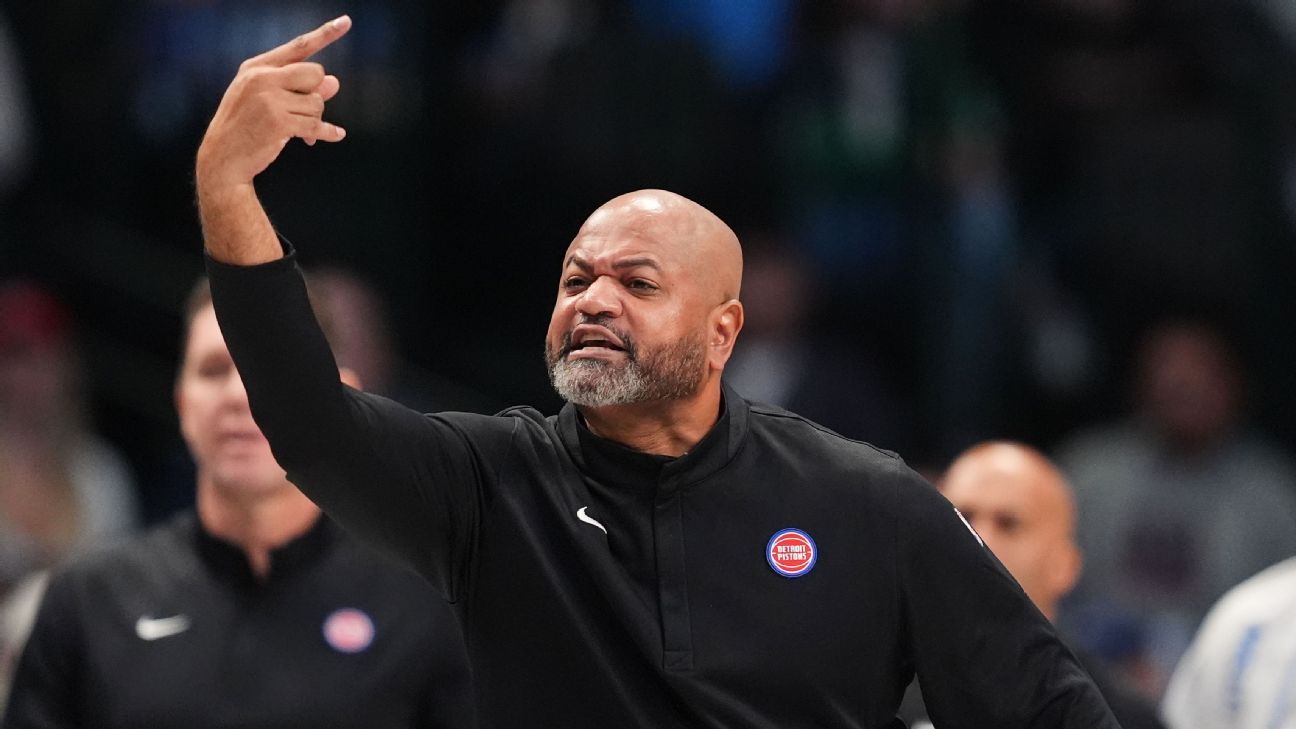Grief and Family Tensions: Personal Stories of Struggle and Growth

In two poignant letters addressed to the advice column “Dear Abby,” readers grapple with deep personal issues involving grief and family dynamics. These narratives reflect the complex emotional landscapes many individuals navigate in their daily lives.
Tragic Loss Leads to Guilt in New Hampshire
A resident of New Hampshire, referred to as “Stuck,” shared a harrowing account of her relationship with a man named Donny. After 18 months together, their bond deteriorated due to Donny’s escalating addiction to alcohol and drugs. Every weekend, he would vanish, only to return inebriated, leading to frequent arguments.
On a particularly tragic occasion, Stuck discovered Donny unresponsive in her bathroom. Despite her attempts at resuscitation and calling emergency services, he succumbed to an overdose. The aftermath left her engulfed in guilt, questioning whether she could have intervened sooner to save him. She confided in Dear Abby that she struggles to move past this trauma, often isolating herself and relying on medication.
“You have nothing to feel guilty about,” Abby reassured her, emphasizing that Donny’s death was not Stuck’s fault but rather a consequence of his choices and circumstances.
Abby advised Stuck to seek help from a mental health professional to process her grief and guilt constructively. The letter highlights the profound effects of addiction, not only on the individuals involved but also on their loved ones.
Family Dynamics and Tensions in Connecticut
In another letter, a Connecticut resident, identified as “Needled,” expressed frustration with her mother-in-law’s overwhelming involvement in her family’s life. Following the birth of her son, Needled’s mother-in-law became fixated on her grandchild, pressuring him to visit her independently and publicly critiquing the family’s choices regarding education and activities.
According to Needled, her mother-in-law’s behavior created significant tension within the family. Despite her husband’s attempts to mediate, their son remains reluctant to visit his grandmother without both parents present. Needled revealed her desire to limit contact while still encouraging her son to maintain a relationship with his grandmother.
“No law states that you must send your son to visit your husband’s mother if he doesn’t want to go,” Abby advised, emphasizing the importance of family unity and communication.
Abby suggested that Needled assertively communicate her family’s boundaries to her mother-in-law, reinforcing the necessity of a supportive family environment. This response underscores the challenges many families face in balancing relationships while respecting individual needs and desires.
Both letters serve as reminders of the intricate and often challenging emotional landscapes individuals navigate. Grief, guilt, and family dynamics can profoundly affect one’s mental health, highlighting the importance of open communication and professional support.
Dear Abby, written by Abigail Van Buren (also known as Jeanne Phillips), has been a source of comfort and guidance since its inception by her mother, Pauline Phillips. For more information or to seek advice, readers can contact Dear Abby at www.DearAbby.com or through traditional mail at P.O. Box 69440, Los Angeles, CA 90069.
In an age where mental health discussions are gaining prominence, these stories resonate deeply, reminding readers of the importance of compassion and understanding in the face of personal struggles.






